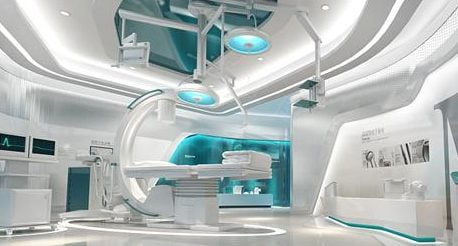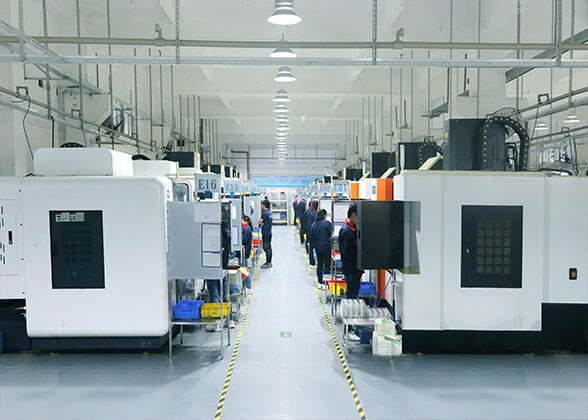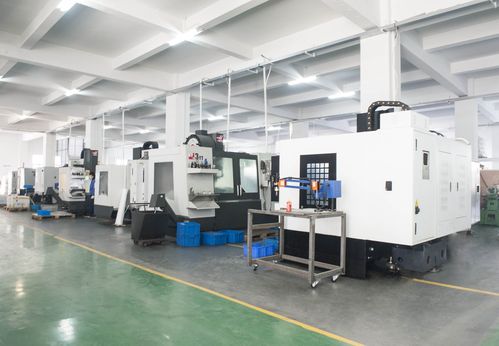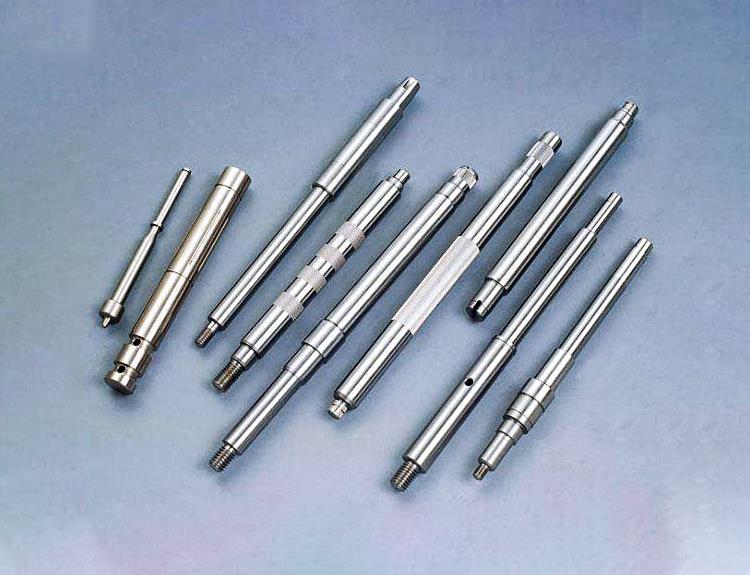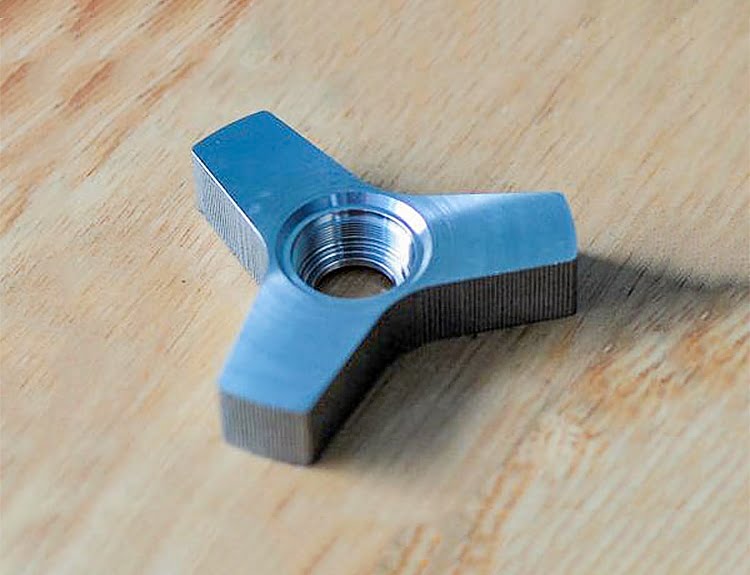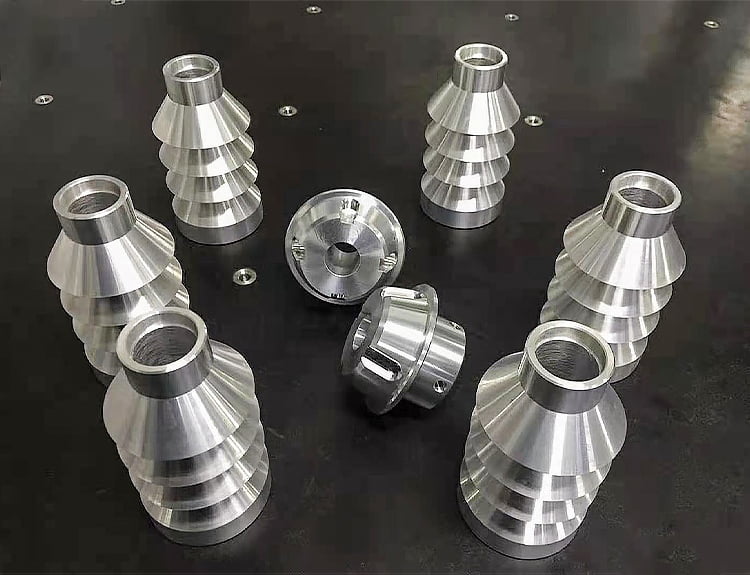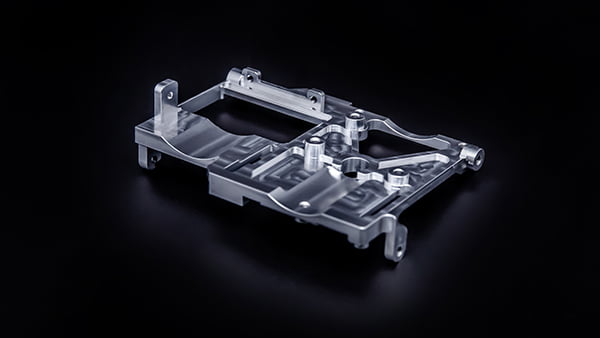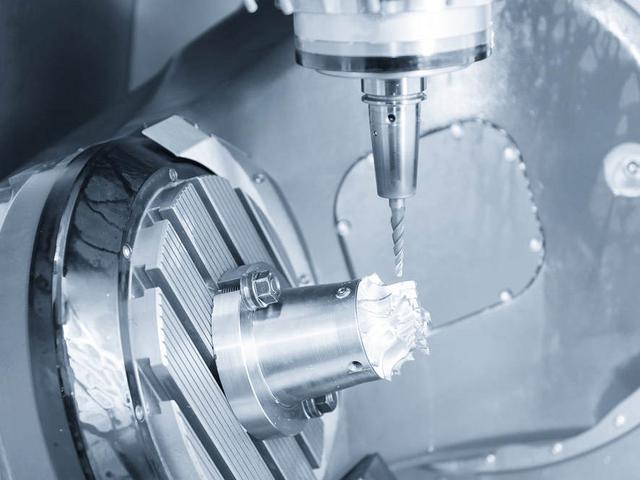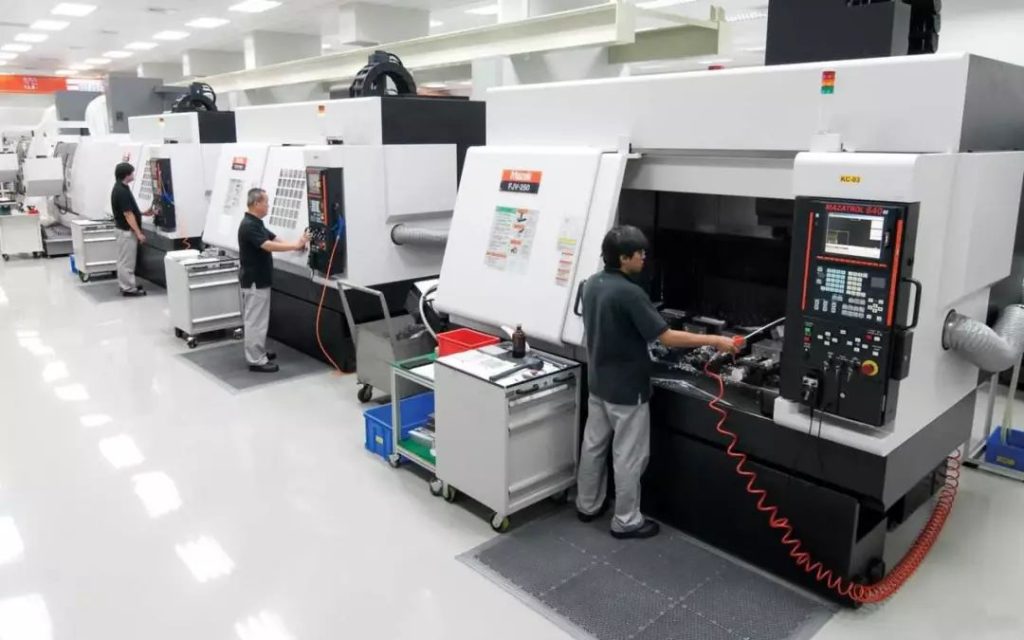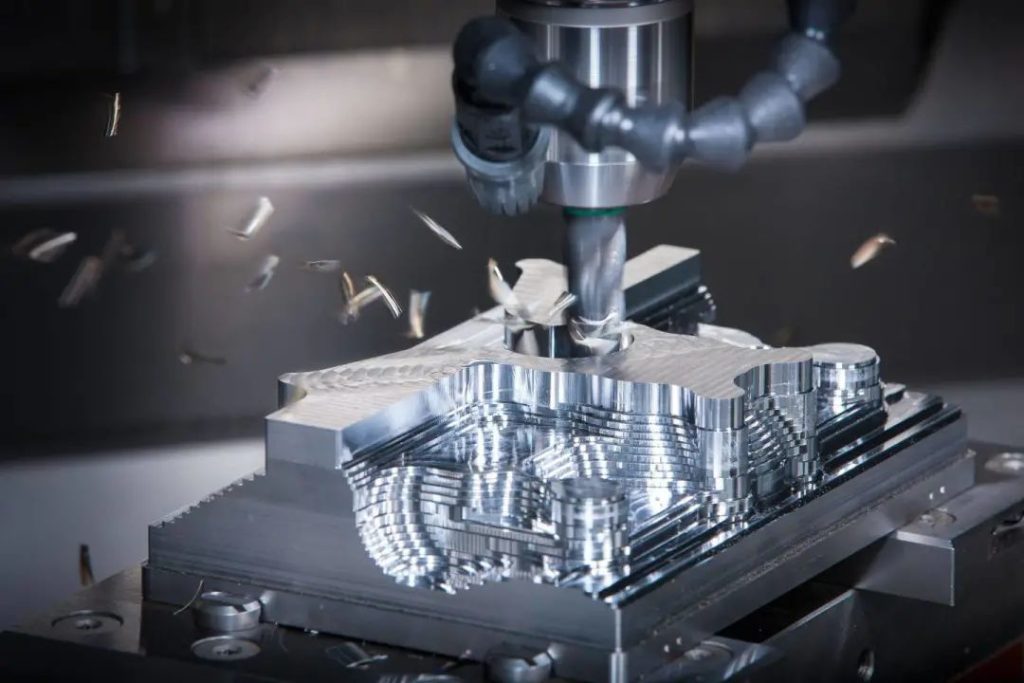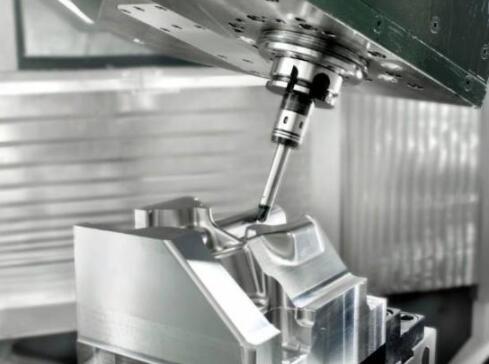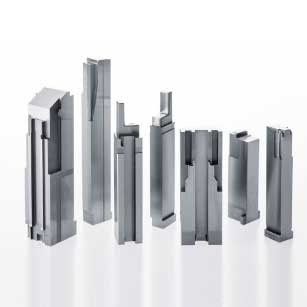CNC machining is a widely used process in healthcare, where the process is often used to make implants, medical devices and surgical tools such as scalpels.
Tight tolerances and fast turnover are especially important for projects such as titanium hip implants, which should be tailored to the patient.
CNC milling and turning is widely used to manufacture high-precision units of small parts with tight tolerances for use in medicine, surgery and dentistry.
CNC manufactures a wide range of surgical instruments used in medical operations, such as trocars, bone drills and saws.
When CNC machining is used, parts are typically milled using 3 to 5 shafts or turned using a moveable tool CNC lathe.
The most common types of machines used in the manufacturing of medical parts include CNC milling machines, lathes, drill presses, and computerized milling machines.
Reliability and high quality are the top priority of medical parts processing, so the medical equipment industry has put forward new requirements for professional precision tools difficult to process materials.

The requirements for CNC machining machine tools are relatively high
Advanced medical equipment such as Swiss automatic lathe, multi-spindle machine tool and rotary table are completely different from the usual processing centers and lathes.
Their size is very small and their structure is very compact. To meet such requirements, the structure of the tool also needs to have a special design, the size of the tool is required to be small, but also to ensure the rigidity of the tool.
High requirements on CNC processing efficiency
For medical devices, the most important thing is the processing efficiency, that is, the processing rhythm, which requires that the blade can be replaced in the shortest time.

From the workpiece itself, and other mechanical parts have a great difference
The medical instruments implanted into the human body are required to have a very good finish and a very high precision without any deviation, which requires the tool from the design of blade structure to the design of blade coating to meet high processing requirements.
CNC processing requirements:
Tolerances in the micron range are common in the medical industry, and choosing the right tool requires keen insight and a wealth of experience.
Tolerances in the micron range are common in the medical industry, and choosing the right tool requires keen insight and a wealth of experience.
On the other hand, the production of cutting-edge medical devices requires the use of sharp and smooth running cutting tools to obtain high quality surfaces.

